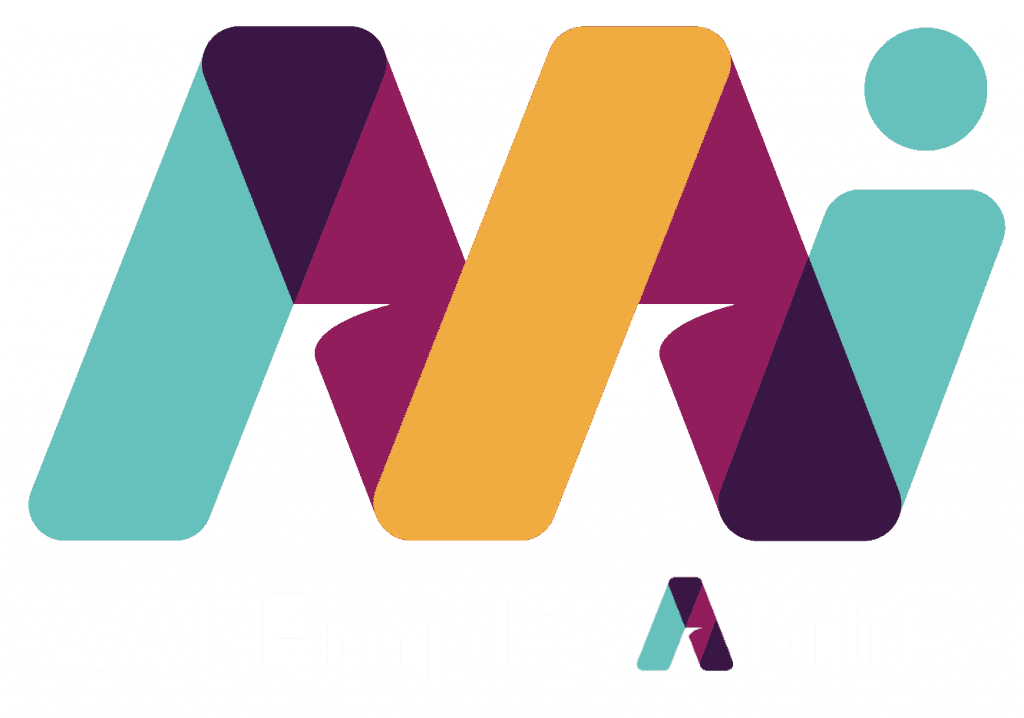AAI CEO Joy Lewis reacts to Oleeo’s 2019 report.
I don’t always react every time a new employment report comes out, but this one hits home.
E-recruitment software company Oleeo recently published ‘Why Candidate Experience is Essential to Early Careers Recruitment’. The study reveals a worrying trend in bringing young people into the workplace.
Nearly 1/5 of Gen Z (born after 1996) are dropping out of the recruitment process, even after being offered a job.
This is an issue we’ve faced to some extent at AAI in the last year, with some candidates failing to turn up for interviews arranged by the employer, despite making it through our bespoke application and shortlisting process. This is obviously frustrating for employers, but what is causing people to disengage with the process and what can we do, as business-leaders, to stop missing out on great people?
The study highlights that the main reason young people are dropping out is their perception that employers do not know how to effectively engage with them.
Whilst Millennials still make up 40% of the UK workforce, Gen Z are currently graduating from higher education to begin their careers and will soon displace Millennials as the largest group in the workforce.
Transparency:
From the beginning at AAI, we’ve highlighted the importance of transparency in the promotion of roles and onboarding. While many traditional recruitment agencies still opt not to disclose ‘their client’ when promoting job roles, we know that people now want to do their research on the company they’re applying for, their people, and most importantly, their values.
Relationships:
Work, careers, employment – call it what you want – when you distil it down, it’s all about people and relationships and how you nourish them. This generation already has 10x different social media/email lines of communication open by the time they apply for their first job, and are used to conversing with people almost constantly. By failing to follow up on applications and interviews promptly, you are unwittingly losing the interest of that bright person you interviewed last week.
Touchpoints:
On top of that, in 2019, you need to ensure that your job role is getting to them on every platform you feel relevant to your brand, everywhere from Instagram to Shapr. These touchpoints can make or break your company’s perception with prospective employees. It’s also where they’ll go to publicly vent about you not getting back to them after their application!
Tailored, platform-specific marketing strategies are not something every employer can indulge in, but taking a bespoke approach to each job role and audience is so important. The right candidates are out there waiting to be engaged!
Diversity:
The report also sadly highlights that the issues around diversity, which have plagued the recruitment of other generations, are still an issue, with featured employers reaching just 37% female applicants and only 15% of all successful applicants to graduates schemes coming from Black and Minority Ethnic backgrounds.
I like to think that AAI goes some way to countering this, having grown a diverse audience quite organically since 2010, boasting 65% successful female candidates and a higher number than average of BME applicants. Indeed, our current ‘Diversity Works’ project with the Scottish Government is supporting employers to better attract and retain diversity.
In Summary:
When looking to build your team, engaging with large numbers of very different young people in a meaningful way is likely to be more than an SME’s HR team can do. However, by leveraging technology and taking an innovative approach to job promotion you can cut through the digital buzz that surrounds Millennials and Gen Z.
Building relationships based on transparency, values and workplace culture is key. Highlighting the opportunity for professional progression and the support in your organisation for development, will help keep new people from looking for the door. Above all else, consistent communication and authenticity will resonate with Gen Z. They want what we all wanted as we started our careers: a genuine, valuable opportunity.
If the time is right, I’d love to talk about how we do all of the above for the employers we work with, why do things differently, and why it’s worked for 900+ businesses cross-sector.
Read the full report from Oleeo here.


